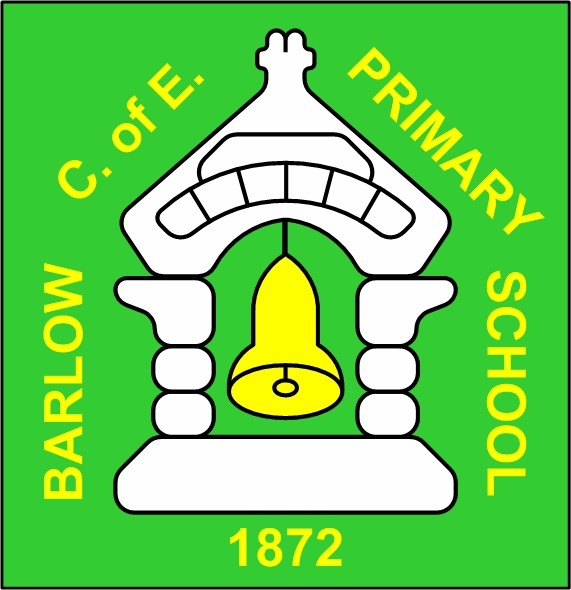History
Our aims for History teaching (Intent)
History equips children with the skills and knowledge to understand how the past shapes today’s world. At Barlow C.of E Primary School we want to enable children to actively explore History from the Early Years Foundation Stage right through to Year 6 so that they have a keen interest in the past and are inspired to know more. We teach children to make connections to the past through learning about our local history, including local significant figures as well as focussing on a range of historical periods in Britain and beyond. We encourage history skills through equipping children to ask questions, think critically, and look at evidence so that they are able to come to their own understanding and judgement of how the past shapes our thinking today.
How we teach History (Implementation)
We teach History in a variety of ways to capture the interest and skills of our children. We encourage regular reference to timelines and hands on experiences through trips and visits. We provide:
- A two year cycle to deliver a History curriculum, which reflects our mixed-age classes. All children to have mastered the relevant National Curriculum skills for their phase.
- The study of a wide range of eras, starting in the early years with the familiar and progressing to more ancient eras in KS2.
- We engage children’s interest and imagination in History through our termly topic titles. Teachers are supported through Twinkl planning and Historical Association guidance which gives a starting point which teachers then amend to best suit their class age and need.
- Key history skills are taught including; chronology, historical knowledge, how to interpret history, historical enquiry and how to organise and communicate their knowledge and understanding.
- Knowledge Organisers, to ensure that children are clear as to the expected knowledge children will acquire within each unit of study.
- The use of fieldwork and visitors to provide first hand engaging experiences and act as a stimulus for pupils to learn from and question the past.
Our aim is to enable pupils to critically analyse and think carefully about how past events affect today and the future, History helps pupils to understand the complexity of people’s lives, the process of change, the diversity of societies and relationships between different groups. It also helps children gain a sense of their own identity within a social, political, cultural and economic background. The knowledge and skills acquired by the children enable history to enrich other areas of the curriculum and can provide a context for many other subjects.
The National Curriculum for history aims to ensure that all pupils:
- Know and understand the history of these islands as a coherent, chronological narrative, from the earliest times to the present day: how people’s lives have shaped this nation and how Britain has influenced and been influenced by the wider world.
- Know and understand significant aspects of the history of the wider world: the nature of ancient civilisations; the expansion and dissolution of empires; characteristic features of past non-European societies; achievements and follies of mankind.
- Gain and deploy a historically grounded understanding of abstract terms such as ‘empire’, ‘civilisation’, ‘parliament’ and ‘peasantry’.
- Understand historical concepts such as continuity and change, cause and consequence, similarity, difference and significance, and use them to make connections, draw contrasts, analyse trends, frame historically-valid questions and create their own structured accounts, including written narratives and analyses.
- Understand the methods of historical enquiry, including how evidence is used rigorously to make historical claims, and discern how and why contrasting arguments and interpretations of the past have been constructed.
